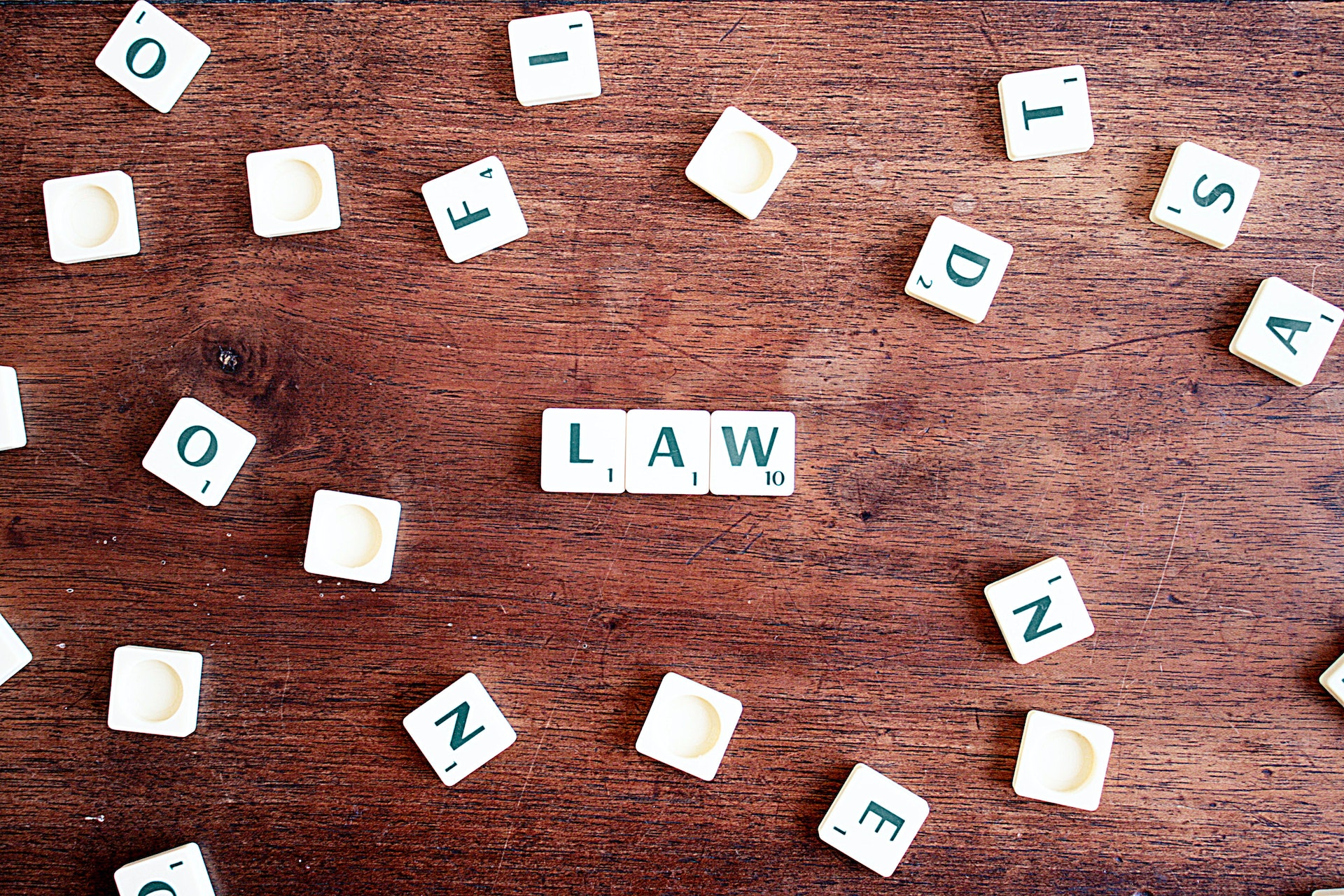INTRODUCTION
Law is a set of rules and regulations a society creates to govern people’s behaviour and maintain order. It provides guidelines on how individuals should act and interact with one another and the consequences for violating those rules. The law helps to ensure fairness, protect rights, and resolve disputes. It applies to various aspects of life, such as crime, contracts, property, and employment.
MEANING OF LAW
The word “law” has two-fold meanings. In one aspect, it signifies rules of action of nature, and in the other, management of human conduct and behaviour set by man. The laws of motion, gravitation, optics, mechanics, and the laws of nature are universal and unchangeable.
Jurisprudence, however, is not concerned with such God-made laws. It concerns itself only with artificial laws, the favourable laws set by men to men. Law is dynamic, and it always keeps on developing.
DEFINITION OF LAW BY DIFFERENT JURISTS
1. According to Cicero
“Law is the highest reason implanted in nature.”
2. According to Ulpian
Law is “the art or science of what is equitable and good.”
3. According to Austin
“Law is the aggregate of rules set by men as politically superior, or sovereign, to men as politically subject.”
4. According to Hobbes
“Law is the speech of him who by right commands somewhat to be done or omitted.”
LAW IN REM AND LAW IN PERSONAM
The law in rem relates to enforcing a person’s rights against the whole world or the people, in general, e.g. the law of inheritance, succession, and ownership.
The law in personam deals with enforcing rights available against a definite person or persons, e.g. the law of contract, trust, etc.
MERITS/ADVANTAGES OF LAW
1. Uniformity and Certainty
Law or fixed rules of law give uniformity and certainty to the administration of Justice. The uniformity and certainty of law add to the convenience and happiness of the people as the same law has to be applied in all cases. There can be no distinction between cases if the facts are the same.
2. Equality and Impartiality
Fixed law rules prevent the damages of arbitrary, biased, and dishonest decisions. The law is made for no particular person or individual case, so it admits no respect for persons, which is incompatible with Justice as the law is specific and known. Hence, a judge’s departure from the rule of law is visible to all.
3. Reliability
Law is more reliable than individual Judgment. The human mind is fallible, and Judges are no exception. The wisdom of the legislature, representing the wisdom of the people, is a safer and more reliable means of protection than the momentary fancy of the individual judge.
4. Protection from Errors
The fixed rules of law protect Justice’s administration from the errors of individual Judgment. The direction is usually straightforward, and judges are not expected to twist the same. They are not likely to substitute their own opinion for the country’s actions.
DEMERITS/DISADVANTAGES OF LAW
1. Rigidity
An ideal legal system keeps changing according to the changing needs of the people. However, the law usually fails to adjust itself to the needs of the people. This rigidity in inflexibility results in hardship and Justice in several cases.
2. Conservation
In progressive societies, legal development is necessary, and some method is requisite where the law may be kept in harmony with the circumstances and opinions of the time. But the lawyers and judges favour continuing existing law, and the result is very often static. This is not desirable for a progressive society.
3. Needless Complexity
Every effort is made to make law as simple as possible, but it is impossible to make every direction simple. The law becomes increasingly complex due to the excessive development of the legal system and becomes too difficult with the passage of time. The tendency of the lawyer to draw fine distinctions has made it all the more difficult to understand the actual law.
4. Formalism
More emphasis is put on the form of law than its substance. A lot of time is wasted in raising the technical objection to the law, which has nothing to do with the merits of the case in dispute while insisting on the formalities of the law, injustice may be done in many cases. While an innocent person may suffer, the clever and the crook may profit.
CONCLUSION
Law means any standard or principle according to which certain acts in certain circumstances must operate, and no doubt, the law’s benefits are great; the evils of too much law are not small. The sins of law may be avoided by reducing the law to a system of moderate size and intelligible simplicity.
FREQUENTLY ASKED QUESTIONS
What do you understand by the term “Law”? Explain it with the help of the definitions offered by the legal philosophers.
(2019-A)
Define “Law” and elaborate its nature with different definitions given by jurists.
(2018-S)
What do you understand by the term “Law”? Explain with the help of the definition given by Jurists.
(2017-S, 2018-A)
What is Law? Meaning of Law and Definitions of Law by Different Jurists. Explain the Advantages and Disadvantages of the Law.
REFERENCES
- Jurisprudence
- N-Series by M.A. Chaudhary
- Black’s Law Dictionary

